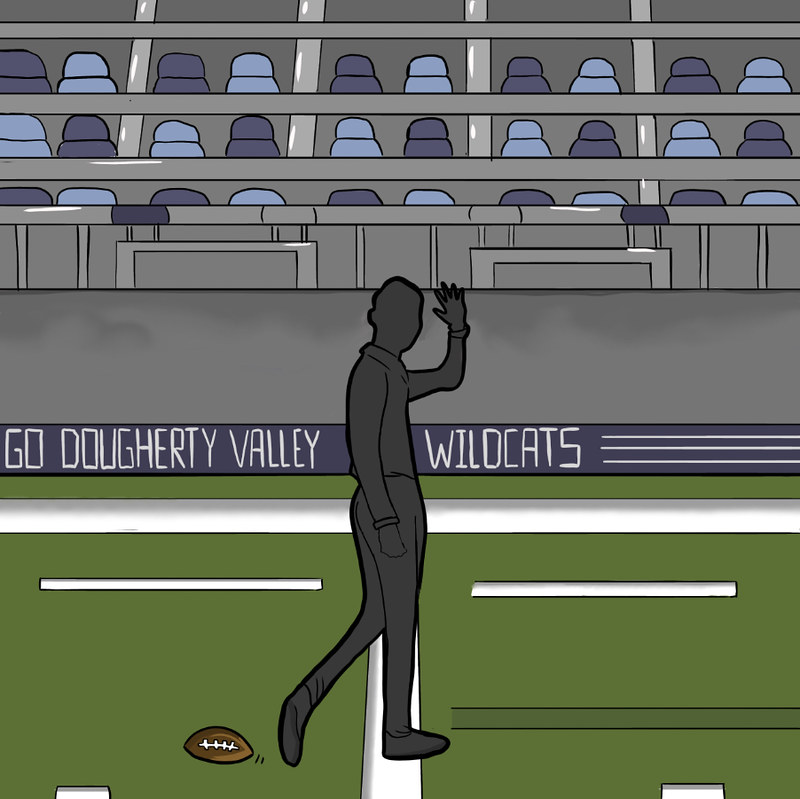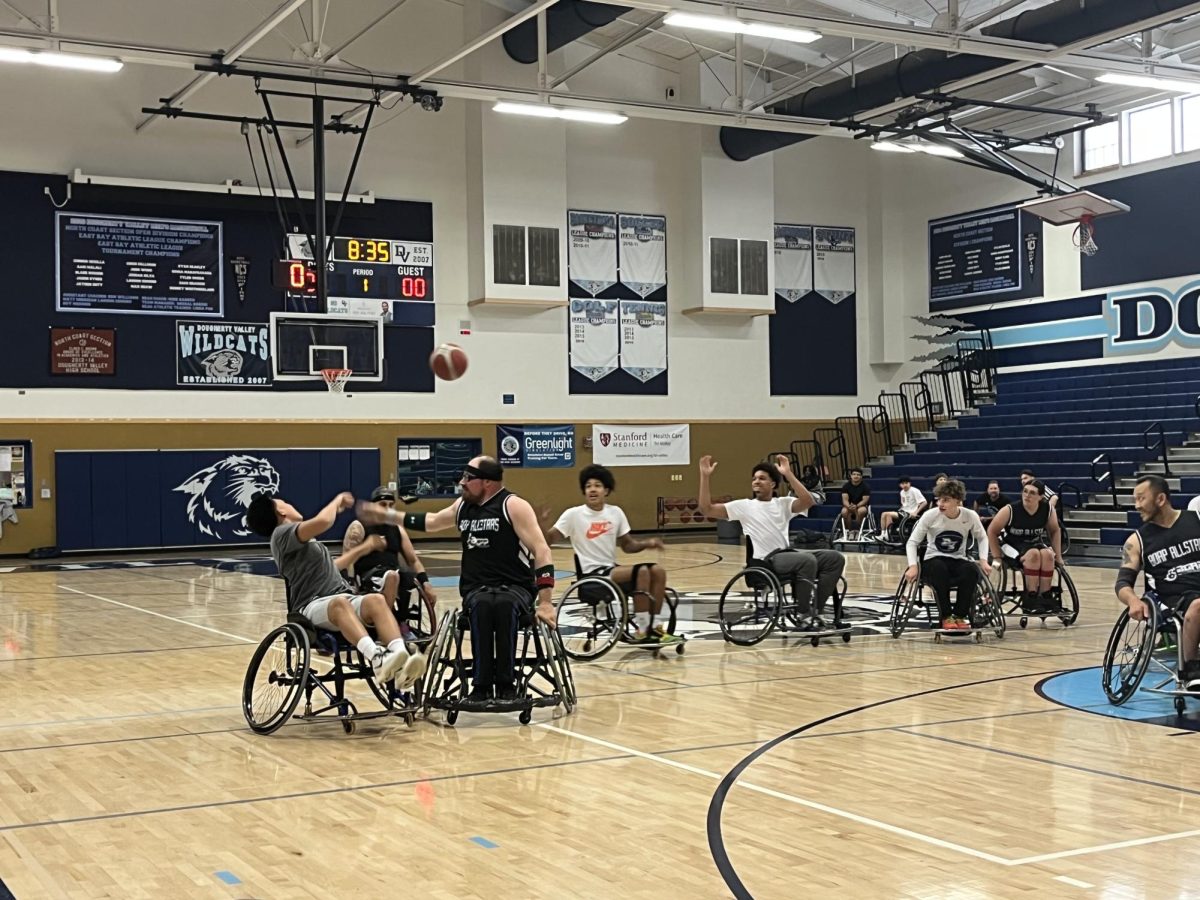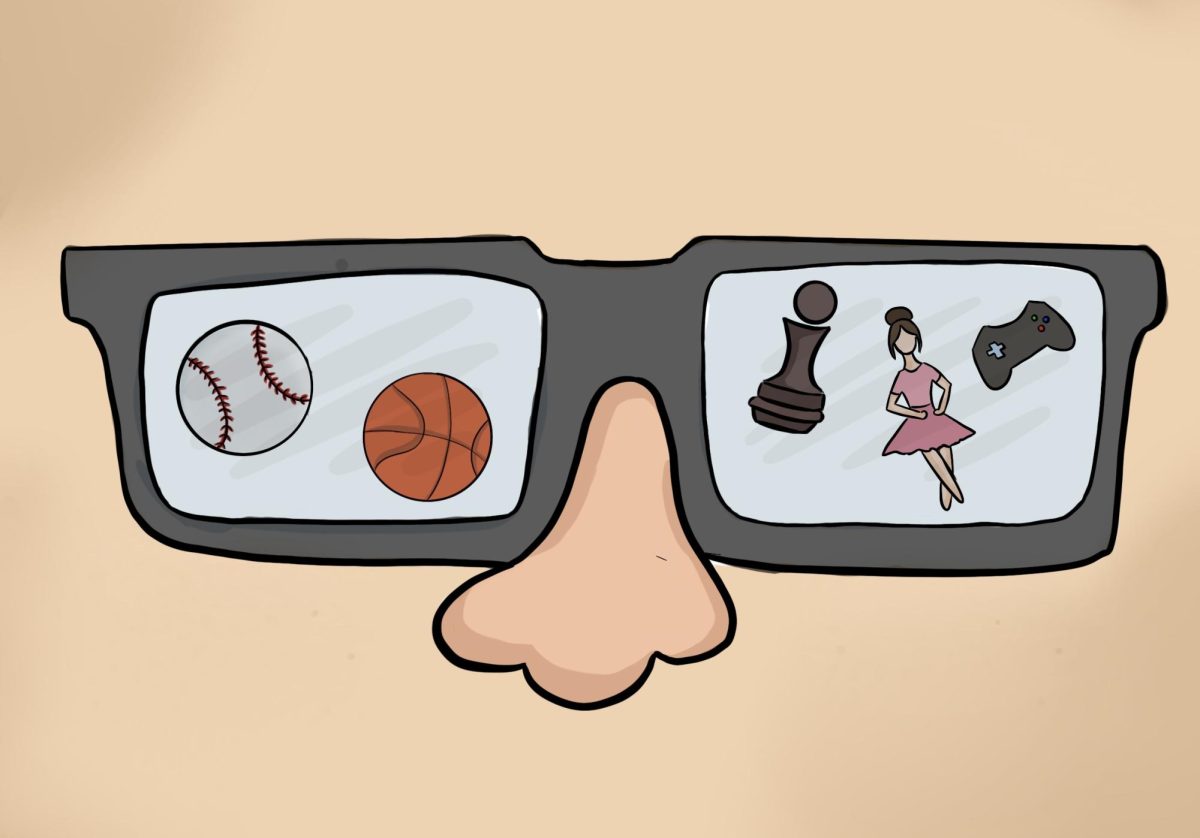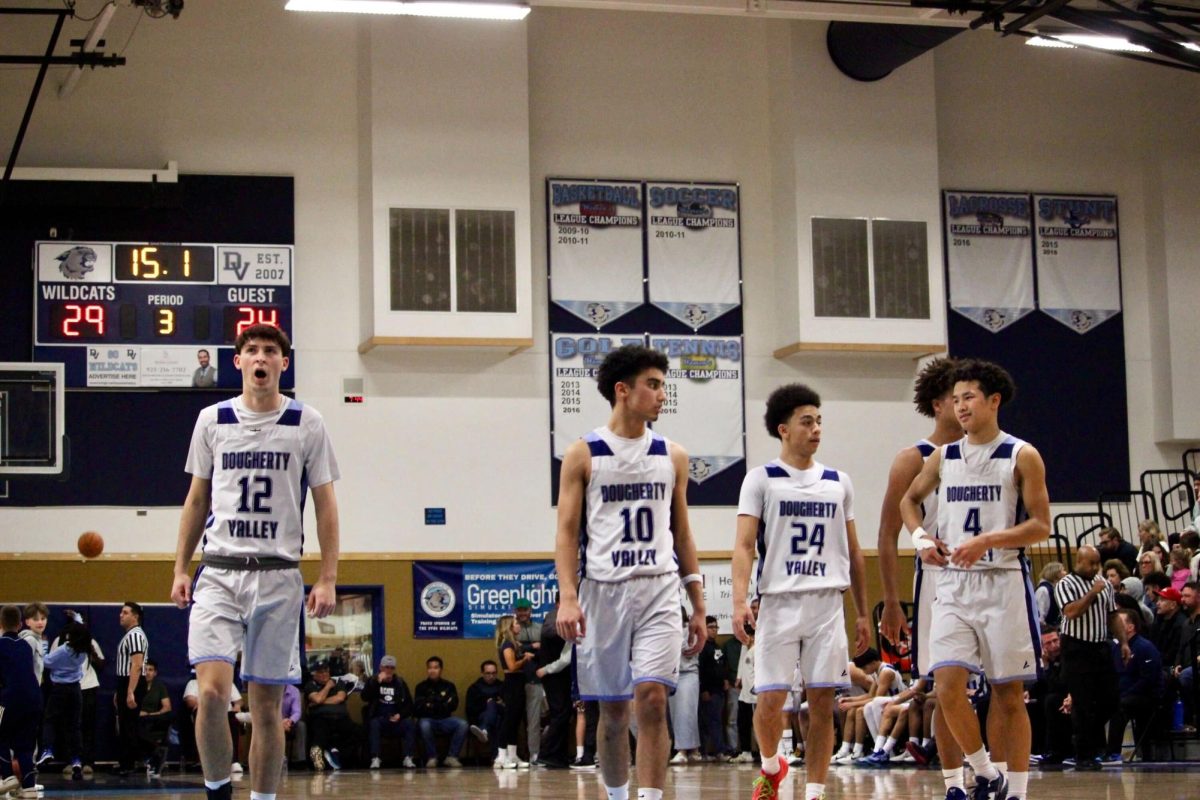Fun fact about me: I used to play soccer. And by used to, I mean most of elementary school. It was fun, and I made a lot of good memories. But guess what? I don’t play soccer anymore.
I’ve been told I should have stuck with the sport as I “could have become quite good” if I had “applied” myself and really worked for it. I’ve heard similar stories from my friends. Basketball, gymnastics or cheer– most of us played a sport as kids at some point. We don’t all stick with those sports as we age, and we don’t have to.
A lot of us joined these activities early. According to YouGov, an increasing number of Americans begin their athletic endeavors at the age of 5 or younger. Parents are convinced that if their child doesn’t start volleyball lessons at 3 years old, they’ll never get ahead. Setting aside the debatable merit of this idea, it’s normal to get tired of a hobby, even one you enjoyed as a young child. Sometimes you just need a break from the sport, but sometimes you’re flat-out done.
Even if you retain the competitive flair, there are limitations on how high many of today’s youth can aim. About 26.8 million kids in the US participated in a sports team or lessons in 2022. That same year, only 520,000 were involved in any NCAA division. Divided by grade level, that’s around 5% of child athletes who stick it out till college. The rest of us wind up leaving sometime.
Sure, playing sports is objectively good for you. That’s not what I’m arguing against. In a time of increasingly sedentary digital activities, physical activity (often outdoors and/or in teams) is essential for our health. There’s a difference, however, between giving up doubles tennis and giving up exercise. Sticking with your sport, despite the odds, is something to be proud of, but discontinuing should not be a source of shame.
Another keynote is that an end to your competitive days doesn’t mean an end to your enjoyment of the activity. Intramural sports in college are a source of fun and entertainment for many. Even in high school, you can leave and come back, or find a group of friends to play with rather than fighting pointlessly for a trophy that’s lost meaning for you.
“Oh, but you should have kept with it,” people say. “I left football, and it was the worst decision of my life! I wish I’d just played a little longer.” News flash: it’s your life, not theirs. If they’re so determined to “play vicariously” through you, they should go join a league themselves. If you genuinely aren’t having fun anymore and don’t see yourself with a future in the sport, your elders’ and peers’ desire to imagine themselves in your shoes shouldn’t hold you back.
When personal preference doesn’t step in, circumstances will in many cases. What if you love your sport and you still get injured? What if you move schools and there’s no new team nearby? What if your schedule grows too busy, or you can no longer afford equipment?
That being said, it’s great to play a recreational or competitive sport, or many, for as long as you’re able and willing. But when someone has thought it through and decided they’re ready to be done, their choice should be accepted rather than shamed. The final whistle eventually blows for all of us.








